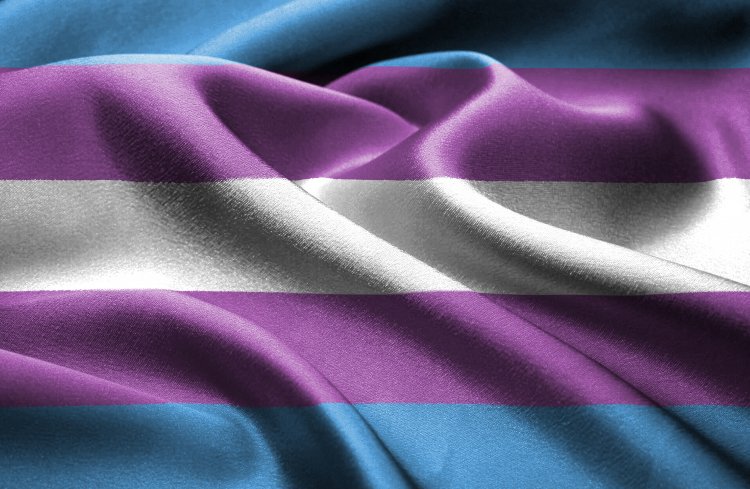Federal Shariat Court to take up petitions challenging the 2018 Transgender Persons (Protection of Rights) Act

21-09-2022
Finia Hilmes
Pakistan & Human Rights Researcher
Global Human Rights Defence
The future of the transgender law, enacted in 2018, has become uncertain after the Federal Shariat Court in Islamabad allowed several individuals to become party to a set of petitions that challenged the transgender law on the grounds that it was “repugnant to Islamic injunctions” (Iqbal, 2022).
The transgender law concerned is the Transgender Persons (Protection of Rights) Act, enacted by the National Assembly, providing legal recognition to transgender persons and ensuring that discrimination against transgender persons in various aspects of life is punishable (Iqbal, 2022). The transgender law was made after the Supreme Court ruled on September 25th, 2012, that eunuchs shall be entitled to all the rights guaranteed by the Pakistani Constitution and enjoyed by other members of society (Iqbal, 2022).
Farthatuallah Barbar, a former Pakistan Peoples Party senator, Senator Mushtaq Ahmed of the Jamaat-i-Islami and Almaas Boby, a transgender, appealed to the court to let them offer their arguments during the hearings on the petitions challenging the transgender law (Iqbal, 2022). The appeals were accepted by a two-judge bench headed by acting Shariat Court Chief Justice Dr Syed Mohammed Answer (Iqbal, 2022). Further, the court allowed the news analysts Orya Maqbool Jan, Ayesha Mughal and Bubbli Malik to come party to those petitions (Iqbal, 2022).
The verdict came after a three-judge bench disposed of a petition moved by an Islamic jurist, Dr Mohammad Aslam Khaki, seeking the emancipation of “hermaphrodite children” for them to be able to earn a living by “honourable means” instead of begging, dancing and prostitution (Iqbal, 2022).
During the hearing on Tuesday, the ACJ observed that the real purpose of this case was to provide “real protection and rights” to Pakistan’s transgender community, adding that rights should be given to those who deserve it (Iqbal, 2022).
Orya Maqbool Jan contended that the transgender legislation was flawed due to the fact that while ensuring transgender rights “an attempt was being made to encourage advocates of LGBT” (Iqbal, 2022). The transgender person, Bubbli Malik, tried to explain before the court the difference between transgender and LGBT while also suggesting the court seek expert opinion in that matter before reaching a conclusion (Iqbal, 2022).
Another transgender person requested the court to restrain social media from discussing the issue since three transgender persons had already lost their lives in Peshawar due to this debate (Iqbal, 2022). Lastly, Ayesha Mughal, transgender representative and lecturer, pleaded before the Federal Shariat Court that the transgender law was not violating the injunctions of Islam nor was it encouraging any gay or lesbian activities (Iqbal 2022).
Sources and further reading:
Iqbal, N. (2022, September 21). Shariat court to take up petitions challenging transgender law. DAWN.COM. Retrieved September 21, 2022, from https://www.dawn.com/news/1711205




 GHRTV Author
GHRTV Author 




























